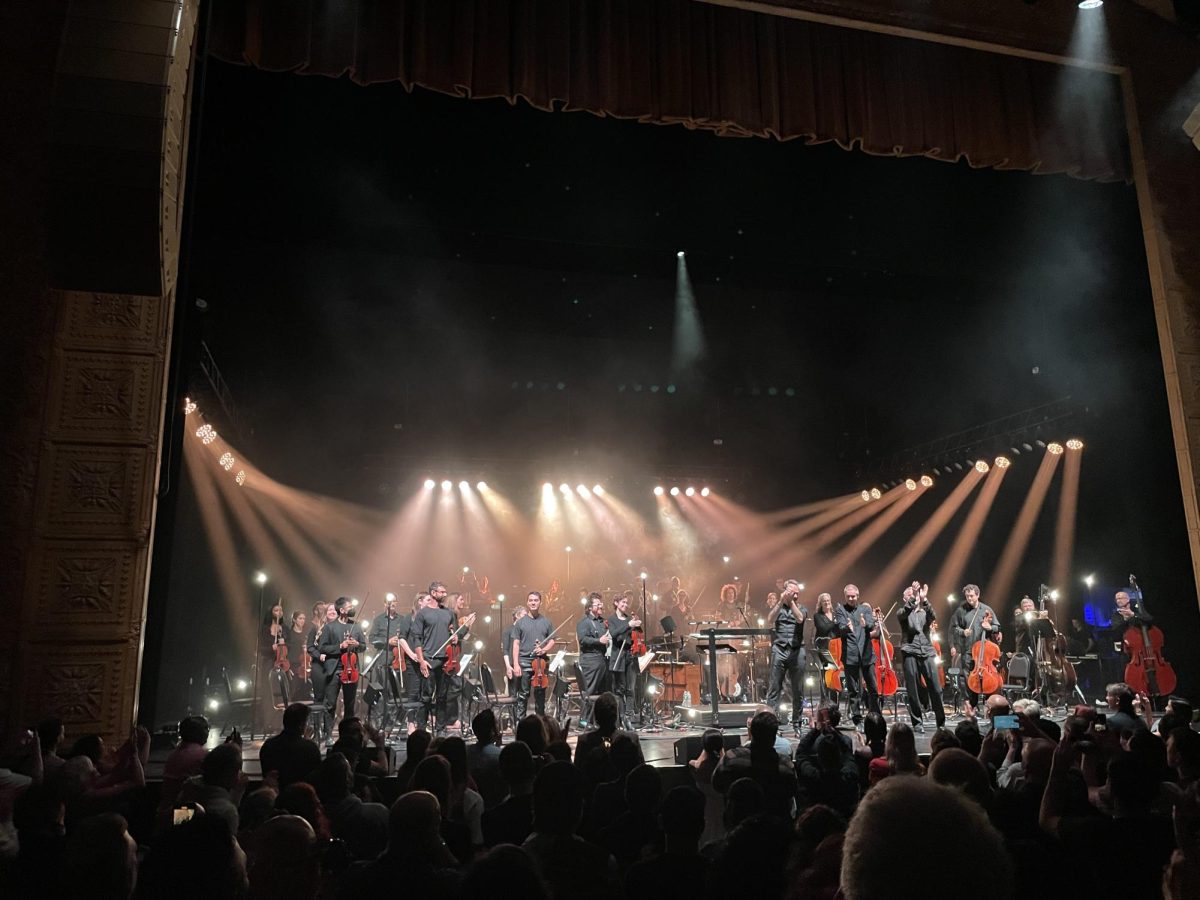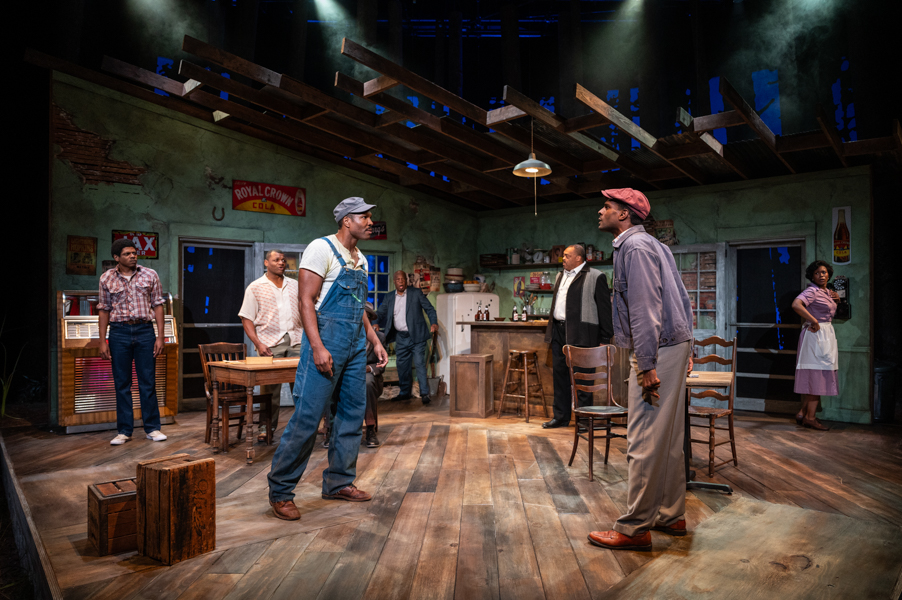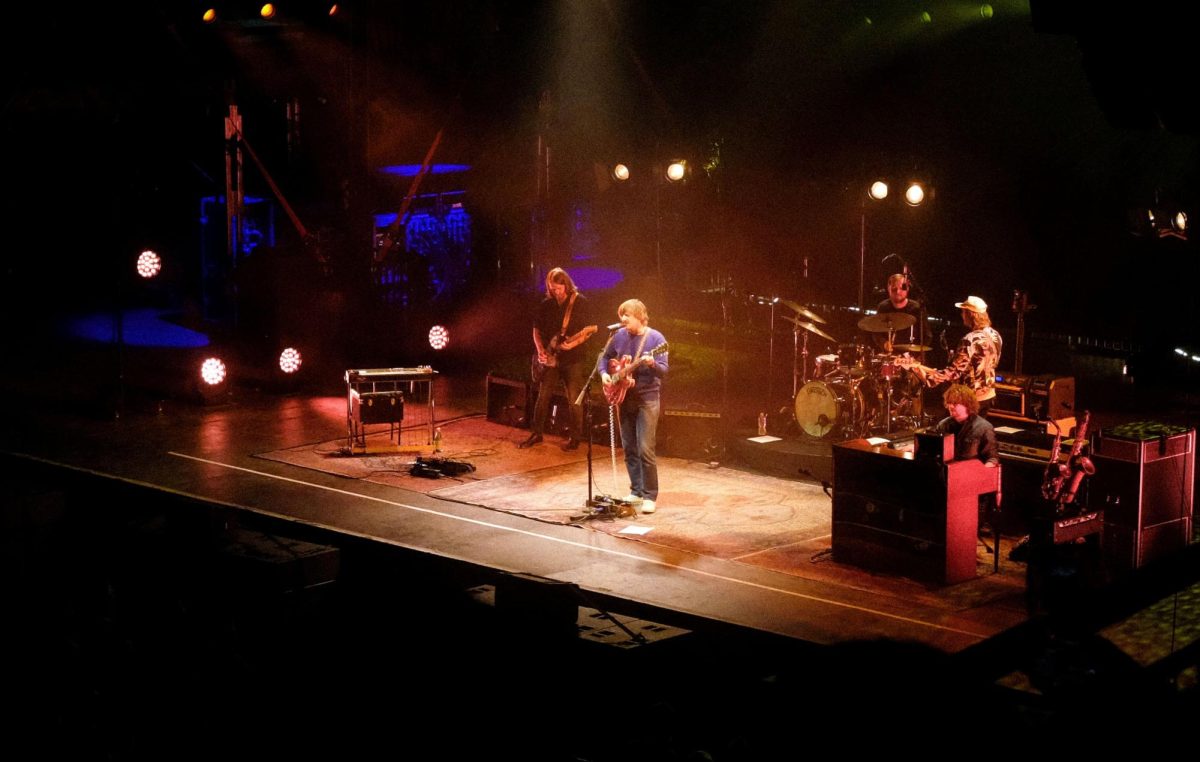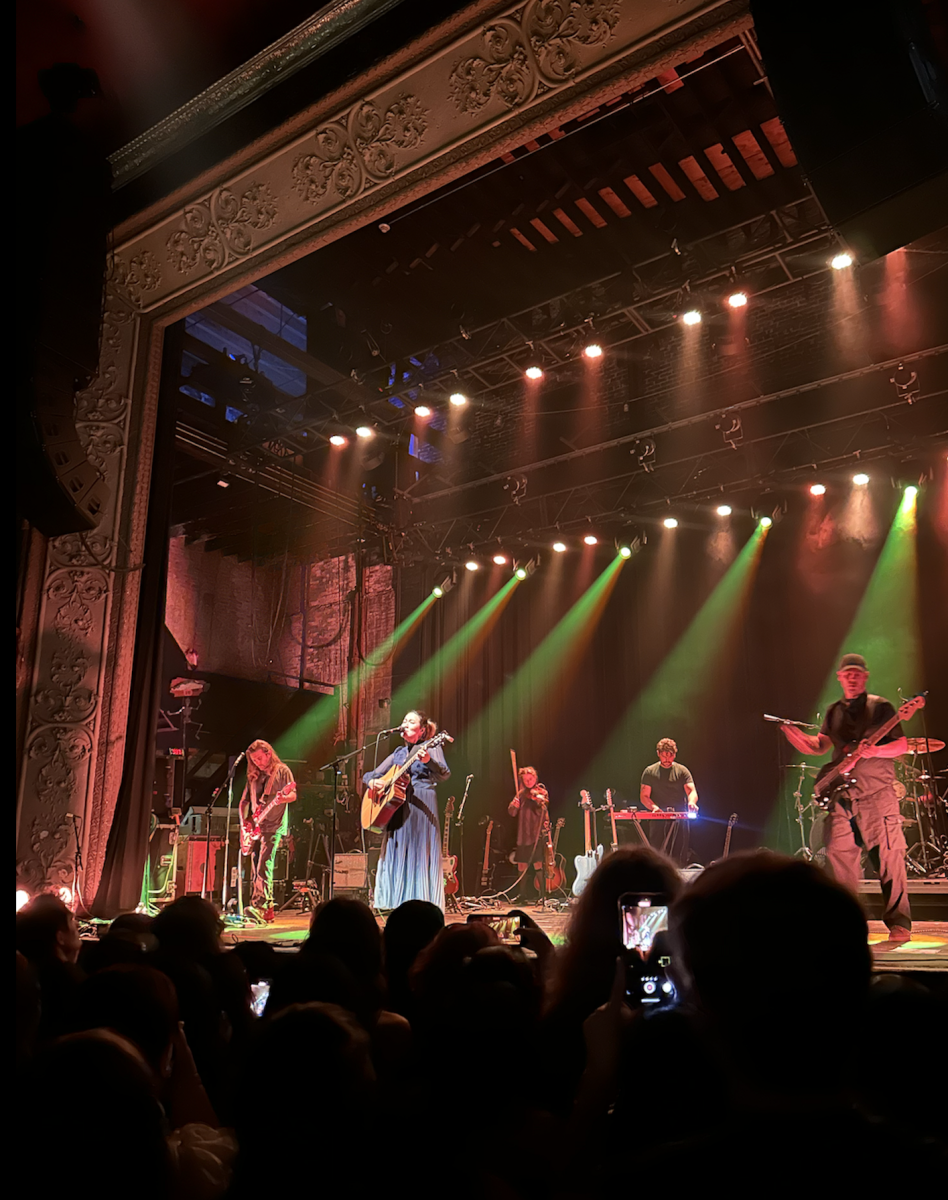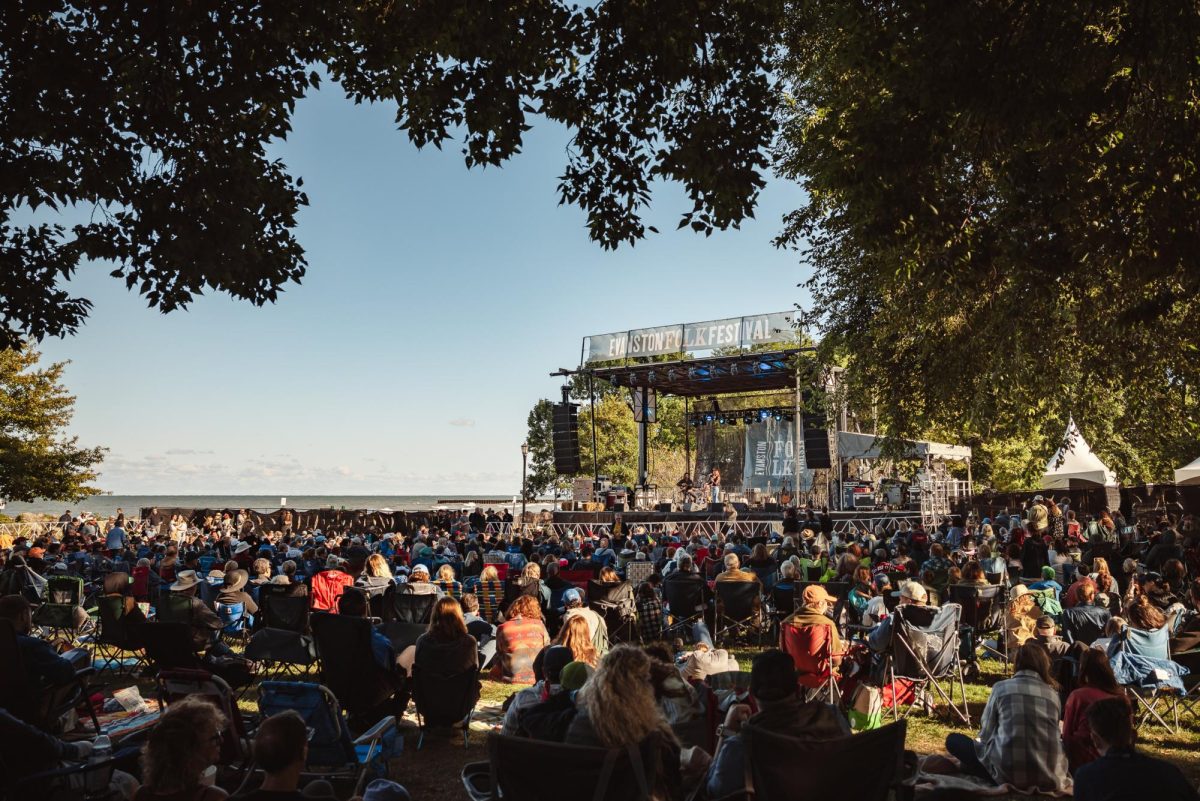Except in the movies, “glamour” and “Chicago” don’t seem to be two words that go together easily. A city so rich in labor history, with such important contributions to the history of blues and jazz (and crime), Chicago can come across as lacking when it comes to eruptions of old European grandezza, or even of Old-Boy east-coast aristocratism. Not so this past Saturday at this year’s Chicago Symphony Orchestra Opening Night Gala Concert. Although the season-opening event occurred about a month after the season had begun, it succeeded in bringing together Chicago’s most notorious glamour-mongers under the auspices of Morgan Stanley, the generous sponsor of an unusual evening. A mere few days after the terrible end to the Cubs’ magical season, it was again possible to leave the mourning suit in the closet. Tuxedos, swank evening gowns, expensive hairstyles, and excessive makeup abounded.
Chicago’s honoraries were again in a festive mood, gleefully chanting along with the stage-setting performance of the national anthem.
Even so, it was unclear to me what the American flag was doing on the stage. But on the night before the CSO headed off to Japan for an eight-concert tour, Daniel Barenboim, musical director of the CSO and an outspoken opponent of the Israeli occupation, conveyed the message well when he remarked, gesturing towards his orchestra, that “this symbol of culture is the best thing America can export.” The applause was surprisingly thundering, given the likely presence of individuals who stand to benefit from American exports, though not necessarily high-culture ones.
The musical selections of the night were also entirely appropriate for Chicago’s current mood, presenting, as they did, a fine blend of virtuosic distraction, pondersome gloominess, grand sentiment, and, ultimately, victorious heroism.
It was, in other words, an all-Tchaikovsky night, too much to stomach for me, but an evident success with an enthusiastic audience. The opening piece—the perennially popular Piano Concerto No 1, best known in my native country of Germany for its appearance in a yogurt commercial—featured young superstar pianist Lang Lang, another favorite with the Chicago audience. Lang Lang has been rocking audiences from their seats since his breakthrough appearance at Ravinia in the summer of 1999, and this concert was no exception.
Once again, he was at the top of his wits, his virtuosity, and his creativity. At a mere twenty years of age, Lang Lang already commands a remarkably unmistakable and idiosyncratic style. His playing is marked everywhere by an unusual love for detail and a spontaneity that never takes anything for granted, but shapes and transforms even the smallest musical figure. This, indeed, is one of the greatest compliments one can give a pianist: Lang Lang knows how to move in and with the music, and as such allows the listener to travel along with him. Boredom is not an element of his vocabulary.
Such playing might naturally make one wonder whether Lang Lang is also capable of tying together large musical structures—whether, that is, he is able to present a coherent musical whole instead of isolated ravishing moments.
These are considerations that, fortunately, apply less to composers like Tchaikovsky, where—at least in the First Piano Concerto—no grand structure is at stake. Much of the piece is simply a potpourri of gorgeous tunes and exciting pianistic climaxes; the transitional passages between them, on the other hand, are written rather carelessly, are rather uninteresting, and serve little further purpose than to set the stage for yet another climax. Then again, already the powerful first theme issues a claim quite to the contrary.
Akin in grandeur to the opening thematic statement of Brahms’ own First Piano Concerto, it promises no less than an expansive symphonic movement—all of which puts the conductor in an uncomfortable position. He can either hand over the lead to the pianist entirely, in which case his expensive orchestra will be little more than background noise; or he can invest great care in bringing out the hidden beauties of the orchestral score, in which case the shortcomings of the work will become painfully apparent. Likewise, the pianist must decide how to conceive his role vis-à-vis the orchestra: does he want to subdue himself, play primus inter pares, or does he seize the occasion to shamelessly assume the central role, an option which is clearly suggested by Tchaikovsky’s spectacular and tempting piano score?
Though Lang Lang and Barenboim have, on occasion, publicly testified to the spiritual harmony that unites them—statements which, naturally, are to be taken with a grain of salt—they, in fact, made opposite decisions last Sunday night. This was all the more surprising because the Gala concert coincided with the release of Lang Lang’s recording of the Tchaikovsky concerto, accompanied by none other than Barenboim and the CSO. The patience and care with which Barenboim allowed the first theme to unfold, and the excruciating attention to detail and seriousness (rarely experienced in this Concerto) with which he presented certain transitional passages, all demonstrated his insistence on the symphonic value of this Concerto. Lang Lang’s expansive rendition of the cadenzas and solo passages, and even more so his frequent playfulness and lightness of touch, were rather at odds with Barenboim’s conception of the work. Both men made perfectly gorgeous music as they cheerfully played past one another. Fortunately, they made up for their differences in a most charming four-hands performance of Schubert’s beautifully melancholy Military March No. 1.
After free champagne had been served to the party guests during the intermission, Barenboim returned to the stage alone for a passionate, much more coherent account of Tchaikovsky’s Fifth Symphony. This certainly is one of the more ambitious works in the history of music. In a highly programmatic work that begins with the somber statement of the “motif of fate,” and ends with the transformation of that theme into a Verdi-esque triumph march, Tchaikovsky attempts to synthesize no less than the positive dialectic of struggle and overcoming of Beethoven’s Fifth, the idea of a recurrent idée fixe of Berlioz’s Symphonie Fantastique, and the negative dialectic of beauty and complete annihilation of the second movement of Schubert’s Ninth.
Remarkably, none of it sounds epigonal and rather bears the unique stamp of its author.
Nonetheless, it is a failure: the solution offered to the musical complexities that mark the first movements is, ultimately, simplistic, naïve, and banal. Barenboim’s account, however, was excellent, and he led his great orchestra once again to the peak of its glory.



